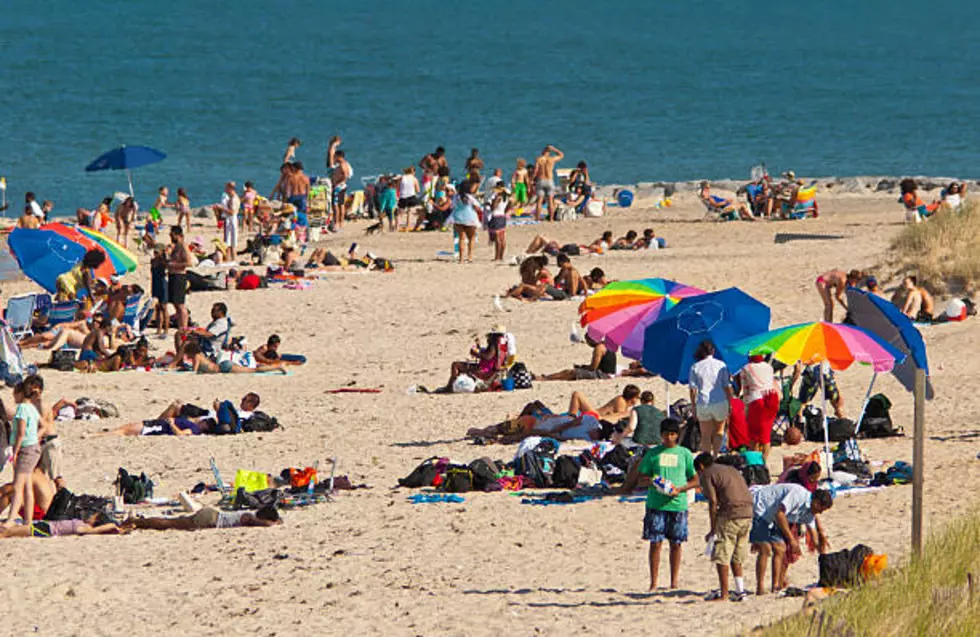
Name Of “Gypsy” Moth Will Be Changed To Remove Ethnic Slur
The Entomological Society of America recently made an important announcement. The country’s leading insect identification group announced that they would stop using the name "gypsy moth" because it contains an insensitive racial slur.
MassLive reports the Entomological Society will remove "gypsy moth" and also "gypsy ant" from its list of common names for insects. This coincides with the launch of the organization's Better Common Names Project.
Michelle Smith, President of the Entomological Society of America, had this to say:
It's an ethnic slur to begin with that's been rejected by the Romani people a long time ago. Second, nobody wants to be associated with a harmful, invasive pest.

The Romani people are widely known in English by the name "gypsies" which is considered to be offensive due to its connotations of illegality as well as its historical use as a racial slur.
The destructive moths, which have been known to decimate entire forests of leaves during their caterpillar phase, have hair with air pockets that allow them to float on gusts of wind for miles. Scientists dubbed them "gypsy" moths in the early 1900s, comparing them to the Romani people who migrated from place to place.
Until new names are chosen for the moth and the ant, they will be identified by their scientific Latin names. Lymantria dispar for the moth and aphaenogaster araneoides for the ant. In the meantime, the Entomological Society of America is taking input from insect experts and the general public to rename the bugs.
For more information, please visit ESA's Better Common Names Project page. For more on the story, check out MassLive's website here.
Inside Amazon: A Detailed History of America's Biggest Online Retailer
LOOK: The most expensive weather and climate disasters in recent decades
The 100 Best Places to Live on the East Coast
LOOK: Famous Historic Homes in Every State
More From WUPE









